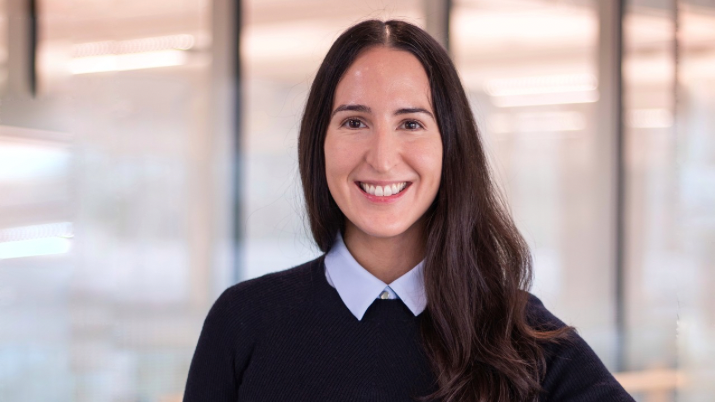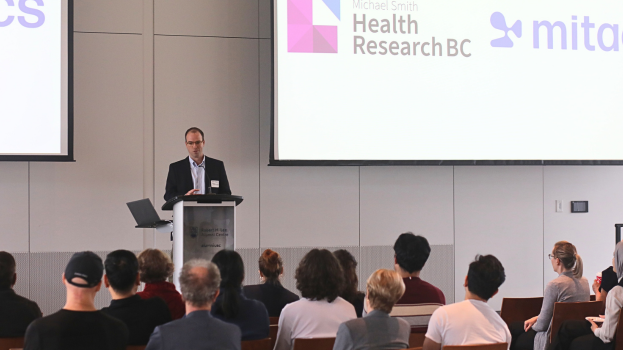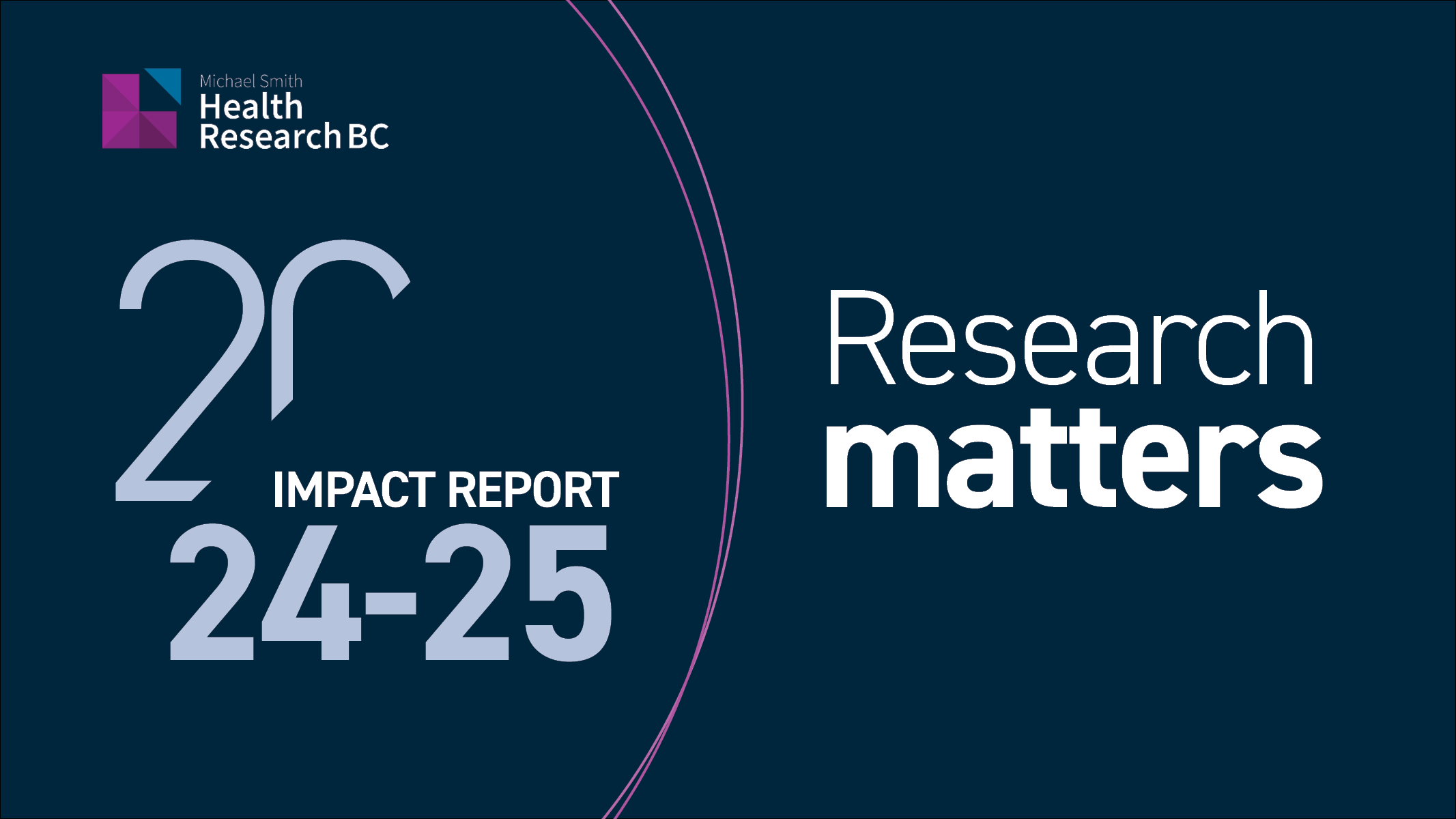A new era: Indigenous scholar advances Indigenous self-determination through research and partnerships
19 June 2024

Photo: Dr. Krista Stelkia, Sylix/Tlingit, Assistant Professor in the Faculty of Health Sciences at Simon Fraser University.
Partnerships and relationships are at the heart of achieving lasting Indigenous-led change and self-determination in health and wellbeing. One scholar building those strong relationships today is Dr. Krista Stelkia.
Dr. Stelkia, Sylix/Tlingit from Osoyoos Indian Band, is an Assistant Professor in the Faculty of Health Sciences at Simon Fraser University. She has a vision to advocate for Indigenous (First Nations, Inuit, and Métis) peoples and communities through research, knowledge exchange and mentorship on Indigenous-led and governed approaches to health and wellness.
As the Director of the Centre for Collaborative Action on Indigenous Health Governance (CCAIHG), Dr. Stelkia’s team has several action-oriented research initiatives underway to advance this vision. One such project includes a Michael Smith Health Research BC 2023 Convening and Collaborating grant led by Dr. Stelkia in partnership with the Office of the Chief Medical Officer team at the First Nations Health Authority (FHNA); the goal is to identify priorities that will address First Nations-specific racism in BC’s health care system. Another project aims to advance Indigenous health research ethics practices and protocols and to embed more culturally safe practices in our provincial health research ethics system.
A path forged by mentorship and collaborative partnerships
Dr. Stelkia is deeply inspired by the mentorship she received from Indigenous leaders and experts in Indigenous health, health research and ethics in BC – Drs. Jeffrey Reading, Evan Adams, Cornelia Wieman and Shannon McDonald. Their mentorship and lifelong work have influenced her approach to supporting the next generation of Indigenous health scholars. “I feel privileged to have learned from strong Indigenous leaders who have forged important pathways within our health system,” she shares. “This has allowed me to continue elevating Indigenous voices at a health systems level.”
For Dr. Stelkia, the future of Indigenous health and Indigenous self-determination is strongly linked to the principles and inherent rights outlined in the United Nations Declaration on the Rights of Indigenous Peoples. “We are at an important part of the reconciliation journey,” she says, referencing the Truth and Reconciliation Commission’s efforts to address the longstanding impacts of residential schools and Indian hospitals. She recalls her graduate school years where Western-based perspectives in the literature focused on the deficits of Indigenous people. “The health outcomes we see today are fundamentally rooted in colonization,” she says. “Contextualizing Indigenous health through the impact of historical injustices is essential in moving forward. By having an openness to unlearn colonial perspectives and approaches, we can shift the narrative to one that is strengths-based.”
Dr. Stelkia is dedicated to implementing innovative ways to overcome structural barriers faced by Indigenous peoples and communities. She highlights the BC Network Environment for Indigenous Health Research (BC NEIHR) and the development of grant funding for Indigenous Communities, Collectives and Organizations (ICCOs) as an example. As ICCOs are often not recognized as eligible host institutions, they are not able to apply to mainstream health research funders. The BC NEIHR program directly supports ICCOs in research development, knowledge sharing and mobilization, which in turn enables them to have direct impact in their communities, a critical part of advancing Indigenous self-determination.
The creation of CCAIHG marks a significant milestone in the development of Indigenous-led health research in BC. As the Director of a first-of-its-kind Indigenous health governance centre with a shared governance model between Simon Fraser University and FNHA, Dr. Stelkia is excited to foster more partnerships and global dialogue on Indigenous-governed approaches to health and wellness. “It’s really rooted in taking incremental steps together,” she goes on to say. “Building many more relationships, like the one with Health Research BC, can be powerful when it is focused on Indigenous strengths.”
Inspiring the next generation of Indigenous health scholars
Dr. Stelkia’s message is one of inspiration, resilience, and a steadfast belief in the power of Indigenous-led change and self-determination. “I never had Indigenous instructors in my studies until my PhD where I met Jeff Reading,” she reflects. “It underscored the importance of representation, and why I strive to be that support for early-career Indigenous researchers.” She humbly suggests that it is not about her achievements, but rather paving the way for others to continue the work in making profound and lasting systems-level change.





